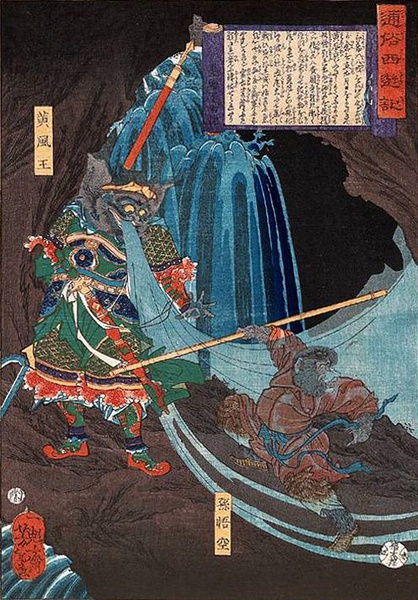Below is a continuation of my reading notes from the Myths
and Legends of the Sioux Indians:
- I like how the first story had a moral theme. I felt that the Unktomi was a very greedy individual that was never satisfied. He ultimately faced his fate my wanting more and sinking to the bottom of the lake.
- These stories are somewhat grim. I usually try and write happy stories so it may be a nice change-up to write a negative story.
- I feel that Unktomi is extremely vicious for killing the widows. He seems like a great villain to include in one of my stories.
- I thought the story where the arrowheads caused the boy to try and kill the Unktomi was unique. It shows that sometimes being nice will work out in your favor. I wonder just how scared they are of the Unktomi Tanka though.
 |
| Arrowhead |
- I do find it cool how they animals and insects act like humans. I think it would be interesting to write a story where an insect is tricking the entire town because he/she is doing human-like things.
- I really like the stories that have the moral teachings of people being greedy or selfish. I think it is a theme that would make for a great story.
- Overall, I felt that these stories were great indications of the Sioux culture.
Myths and Legends of the Sioux. Written by Marie McLaughlin. 1916.










